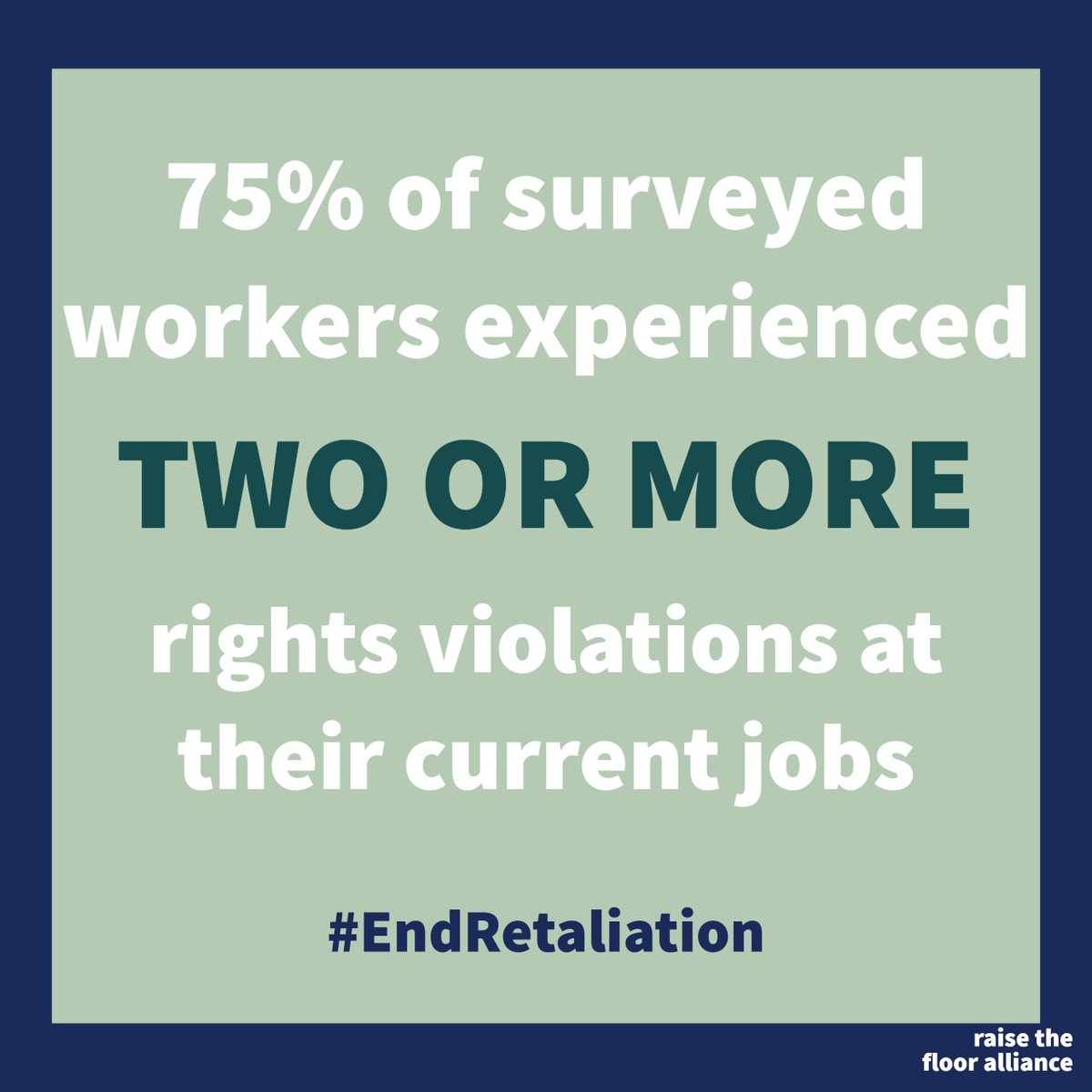Subscribe to Laura's F-Word.
The week was drawing to a close when the news took a turn to the grotesque.
As he spoke to police officers and sheriffs on Long Island Friday, the President was suddenly talking all about blood.
“Cartels and criminals are preying on our citizens,” said the president, then something about healthcare, then back again to blood. Bloodshed, blood and burning, and something about people stuffed in barrels, and kidnappings and not being nice.
I should clarify. I do try to watch the president as often as I can. He’s the president, after all, even if he sometimes turns your stomach.
From blood, the president went off on a riff about disrespect for the rule of law, and murder, and butchery and beatings. I was glad there were no children in the room, and frankly, I began to lose track. He mentioned knives and stabbings and peaceful neighborhoods transformed into bloodsoaked killing fields…
“We can not tolerate the spilling of innocent young vibrant people, “ I think he meant blood. “We can not accept this violence one day more. We can’t and we won’t.”
Read more
Add your reaction
Share

Read the full book for free at The Next System Project
Why is pluralism necessary to guarantee ecologically sustainable ends?
It is nonetheless clear that the profit-driven and growth oriented dynamics of capitalism lie behind a number of our current ecological challenges. Capitalism, however, has not cornered the market on ecologically destructive outcomes. The state socialist experiences were worse in many environmental respects. A systemic design different from both is clearly necessary. It is only through weaving together mutually supporting institutions at a plurality of scales that we can build a truly effective and resilient approach to guaranteeing a healthy planet.
What are the key strategies for environmental protection in the Pluralist Commonwealth?
Above all, EVOLUTIONARY RECONSTRUCTION and DISPLACEMENT are critical. If corporations following narrow profit goals must prioritize GROWTH, disrupt communities, create inequality, and undermine local ecological relationships, new institutions attuned to the environmental ecological requirements of the era in which we live need to become central to development.
At one level this involves the construction of new cooperative, municipal, and state economic institutions. At another level inclusive neighborhood-wide and city-wide OWNERSHIP patterns that directly institutionalize and “internalize” community inclusive values and interests are important. Through the pressures of competition, corporate institutions are driven to reduce costs, dumping pollution and other environmentally destructive outcomes on the larger local, state, or national community. The same is true even for many larger scale worker-owned businesses, which may be forced to reduce costs to compete whether they like it or not.
Broadly speaking a CULTURE of COMMONWEALTH, grounded in a sense of ecological stewardship and shared responsibility, is indispensable, especially if we want to challenge a paradigm that depends on the assumption of unlimited GROWTH and unrestricted consumption. What is required are new institutions that inherently internalize (rather than “externalize’) costs and that are inherently more attuned to ecologically sustainable outcomes. When a local neighborhood or municipal enterprise (or joint enterprise involving cooperatives in a more complex community-related structure) faces a choice between reducing costs and polluting the community or neighborhood, its calculations are different from that of a private firm. No longer can it simply externalize costs by cutting down on environmentally necessary but expensive processes. To do so simply means burdening the community itself with environmental degradation. By virtue of design, community-inclusive economic institutional forms inherently internalize externalities.
Read more
Add your reaction
Share
Subscribe to Laura's F-Word.
When you think of the Protestants, anarchist politics might not spring to mind. But for the 17th-century diggers, direct action was a divine mandate. Planting vegetables on public land as food prices surged, they sought to create a new sort of economy, one that advanced collaboration and equity in a fundamental sense. Their calls for land redistribution quickly irked local landowners, who called on the army to intervene. The anti-gentrification movement of their time, they suffered beatings, attacks from local gangs, and arson attempts -- all at the behest of the lords and landowners who were right then busily enclosing and privatizing public land. As these relentless attacks carried on, the diggers split off and were ultimately evicted. But their legacy continues.
Fast forward 3 centuries, to the 1960’s, and the Diggers in San Francisco were distributing free food to the people who needed it. As Danny Goldberg reminds us in his book, In Search of the Lost Chord, the diggers participated in the Be-In’s that took place 50 years ago this summer. Inspired by the 17th century radical Brits, they didn’t believe in money or commercialism - and they also provided free legal aid and a healthcare clinic that’s still around today. The same period saw the Panthers run free breakfast, health, and dental clinics. An integral part of their plan to meet peoples’ needs while changing the world. Which all leads me back to New Economics. For the first diggers it was a spade, for the second a spoon; what’s our new politics serving up for the people today?
Add your reaction
Share
Subscribe to Laura's F-Word.
Reproductive justice in action? It looks like bravery.
The bravery required to stand up for everyone, not just a few; for the whole, not the fraction or the piece. People who stand for justice, not the just-us approach to something like Reproductive Rights, often meet resistance: We need to move incrementally, say the incrementalists, let’s get the easy wins first, then the rest. So history advances, we’re often told, piece by piece….
Except usually what happens is we get piecemeal progress. Not quite enough to get us what we wanted, but just enough to serve a portion of us, for a bit. Attacks usually come, and those who’ve won piecemeal progress find out their movement’s in pieces. Surprise surprise, they’re not on great terms with the ones they left behind. And those they left at the back of the priority line aren’t so excited about being at their back. Which is why it’s important to notice when progressives pull together to go further. In Oregon, they did just that earlier this year, with the passage of the Reproductive Equity Act HB 3391 - passed by a 17-13 vote.
Read more
Add your reaction
Share
Subscribe to Laura's F-Word.
Eight people have died in US Immigration and Customs Enforcement detention centers so far this year compared to 10 in all of 2016 according to a review by The Daily Beast. 15 out of 18 of those deaths took place in privately-owned facilities. You know the ones, the ones run for profit. In two days this May, two ICE detainees were found dead in one place, Georgia. One 27-year-old, Jean Jimenez-Joseph hanged himself in his cell following 19 days spent in solitary confinement. While Donald Trump's travel ban is on hold, the immigration story seems to have faded. We, the public, know next to nothing about any of these deaths. ICE is required to investigate every death in detention and produce a detainee death report, but generally they don't release those to the public, and when they do, there's no guarantee of coverage, which is part of why detainees have regularly launched hunger strikes to try to call attention to their plight.
Earlier this summer behind the razor wire fence ringing California's biggest detention center, about 30 women went on a three-day hunger strike. They're asylum seekers. They have no criminal records, they said, and still their bail is set impossibly high for poor people, which is what they are. The hunger strikers issued demands that included reduced bail, political asylum, new uniforms, healthcare, and 24-hour access to clean water. What they really want of course most of them is to be released and united with their kids and safe. That's why most of them came to the US in the first place as part of a caravan fleeing violence in Central America.
Read more
Add your reaction
Share
Subscribe to Laura's F-Word.
It could have been worse. The G20 Summit could have gone swimmingly.
The tear gas, water cannon and masses of riot police that met protestors at the G20 in Germany cast an unsettling pall over the meeting, that’s for sure. But the stated goal of the G20 was supposed to be “Shaping an interconnected world”. What if they had?
Money media love to tell history as soap opera. In this season, they are reporting endlessly on the supposed clash between Donald Trump and Angela Merkel.
In the real world, that boils down to a choice between bullying by a macho spoiled-boy brat, or Merkel’s faux market-driven kind. 99.9999 percent of the world have no dog in that fight; and even less interest in those two bullies connecting.
Want US/European unity? Reporters on the G20 should have asked the Lampedusa refugees what they think. They’ve been languishing in Hamburg since the US and NATO bombed Libya. Their country destroyed, hundreds of them were forced to flee, first to Italy, then to Germany, where they’ve been told to find work, but denied the permits to do any such thing. So much for Atlantic interconnection. So much for a European Union.
I was in Hamburg for a night just ahead of the G20 meeting, and one organizer explained pretty convincingly that the main reason Hamburg was picked for the Summit was to pay the populace back for voting against Angela Merkel’s bid to have them host the Olympics.
In a grand swipe against Free Speech, almost the entire city was declared a “protest-free” zone. Still, hundreds of thousands of protesters showed up anyway.
Read more
Add your reaction
Share
"This week on the show, Cathy Albisa and Sabino Milian discuss the targeting of activists in immigration sweeps. Those ICE raids aren't that random they say."
Laura Flanders: This is a great example of you can make progress even in these times, but I'm struck by the fact that most of the stories that I'm hearing of progress and innovative organizing are coming, as Sabino said, from fairly small organizations, grassroots groups, communities in organization, not so much from big labor. What's going on?
Cathy Albisa: Oh. Big labor is definitely under attack and has been for many years and you can only imagine that it's intensifying. It certainly doesn't help grow big labor that so much of our workforce is almost impossible to organize and unionize through formal channels, so the Worker Center Movement has stepped in to fill that void, right? To work side by side with big labor and shape the landscape. What I think happens with the work center movement is you basically have a group of workers who are the most marginalized workers in this country.
I'll give you some examples. In Vermont, just a little example, in Vermont, it's not unusual for a worker not to have an eight hour break in a 24 hour period. You'll have to sleep in three hour chunks. These things are standard in the business, and so workers are willing to step up because they have, at this point, so little to lose. For example, we were speaking to workers in Chicago and workers organizing in the temp sector in different parts of the country. When the administration came into power, we said, "What are you concerned about? What additional types of oppression do you fear might come down the pipe?" The answer was devastating. They said, "You know what? We don't even know what they could throw at us next. They've thrown everything at us." This was even before Trump came into power.
We started saying, "Well, what about deportations and raids?" They said, "Well, we're already suffering this." What about retaliation? "Well, we're already suffering that." Everything from stolen wages to violence to sexual harassment. This group of workers has every reason to want to stand up and push back as hard as possible, and it is a very multicultural movement, so we're bringing organizing strategies from all over the world.
Laura Flanders: That's the last part I wanted to ask you about, and that is the global nature of this. Where do the workers that are brand worker members come from in terms of the world? Where are your members from?
Sabino Milian: From Guatemala, Salvador, Honduras...lots of countries.
Read more
Add your reaction
Share

"In this particular moment, where we see that union density is on the decline, and we see that this culture of fear is permeating every workplace, we need organization that can hold space for the trauma that workers are experiencing and we need organizations to have the kind of slack that's required to test new membership models and to test new organizing campaigns..."
- Sophia Zaman, Executive Director of the Raise the Floor Alliance on this week's show.
A united voice, Raise the Floor Alliance was founded by eight Chicago area worker centers. Worker centers help organize and provide support to communities of low wage workers who are not already members of a collective bargaining organization or have been legally excluded from coverage by U.S. labor laws.
The mission of Raise the Floor Alliance (RTF) is to ensure that low-wage workers have access to quality jobs and are empowered to uphold and improve workplace standards. RTF achieves its mission by providing research, communications and legal support for efforts to win public and private policy changes that raise the floor for all workers. Both an alliance and a support center, RTF brings area worker centers together into a collective voice for economic policies that foster permanent, full-time family-supporting work.
Read more about Raise the Floor Alliance here.

Add your reaction
Share
Laura's commentary this week highlighted the manifesto of the Labour Party in the U.K. which laid out what the party meant by the campaign slogan "for the many not the few." On the heels of this manifesto, the Labour Party managed to close a stunning 24 point deficit and demonstrated that an unapologetically left program resonates with the people.
Read a selection from the manifesto below.
"CREATING AN ECONOMY THAT WORKS FOR ALL
.jpg)
We will measure our economic success not by the number of billionaires, but by the ability of our people to live richer lives.
Labour understands that the creation of wealth is a collective endeavour between workers, entrepreneurs, investors and government. Each contributes and each must share fairly in the rewards.
This manifesto sets out Labour’s plan to upgrade our economy and rewrite the rules of a rigged system, so that our economy really works for the many, and not only the few. Britain is the only major developed economy where earnings have fallen even as growth has returned after the financial crisis. Most working people in Britain today are earning less, after inflation, than they did ten years ago. Too many of us are in low-paid and insecure work. Too many of us fear our children will not enjoy the same opportunities that we have.
Read more
Add your reaction
Share





.jpg)